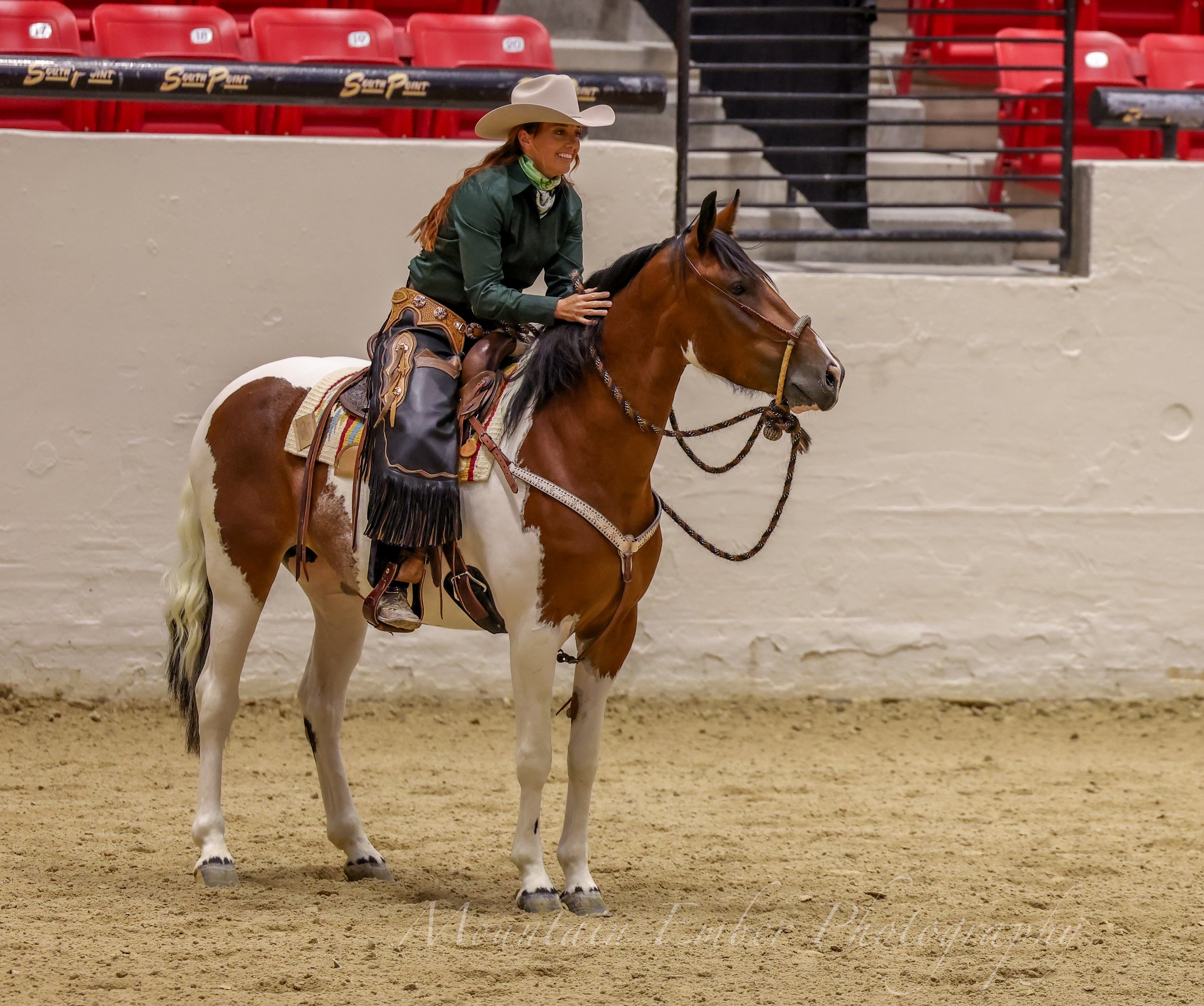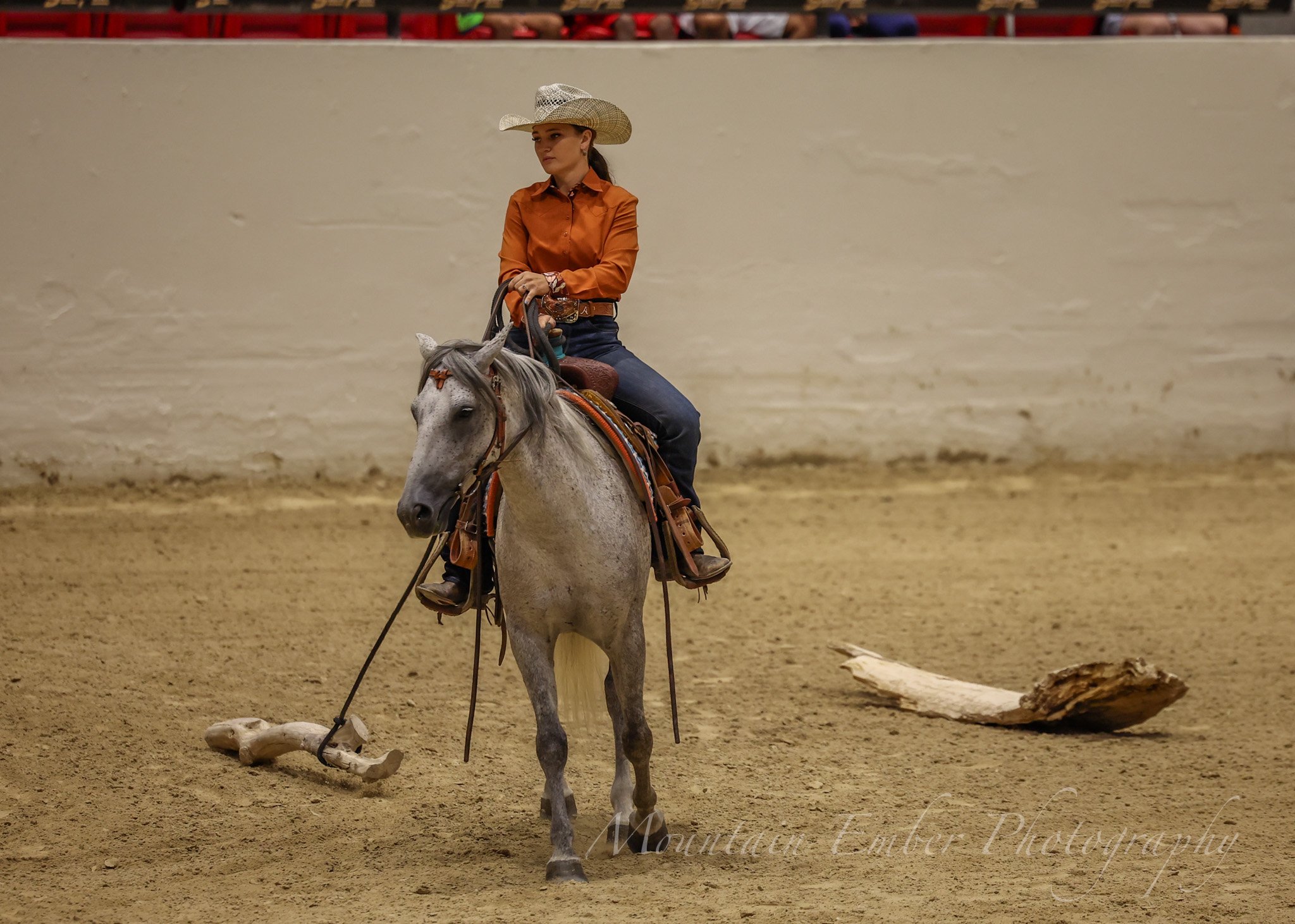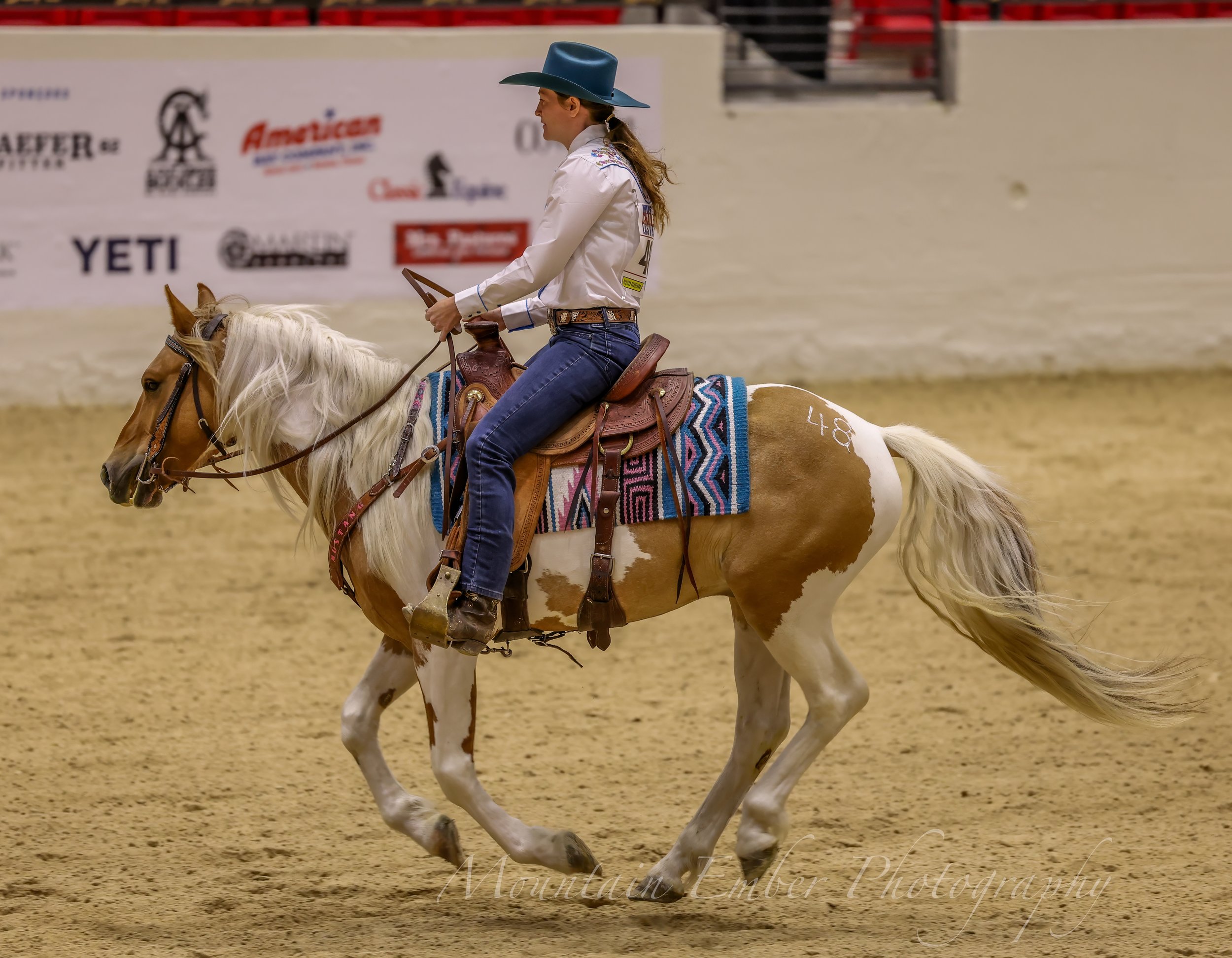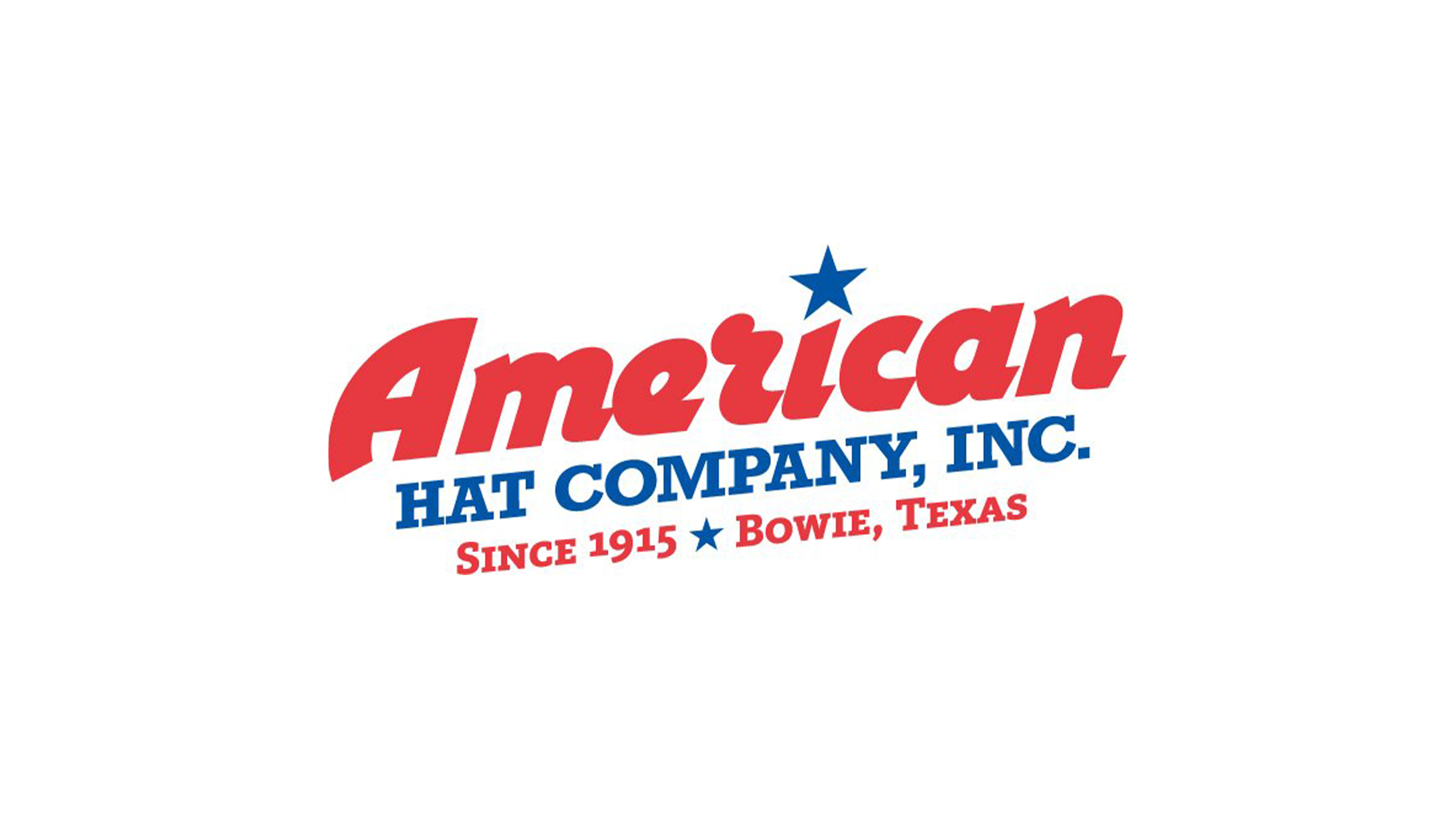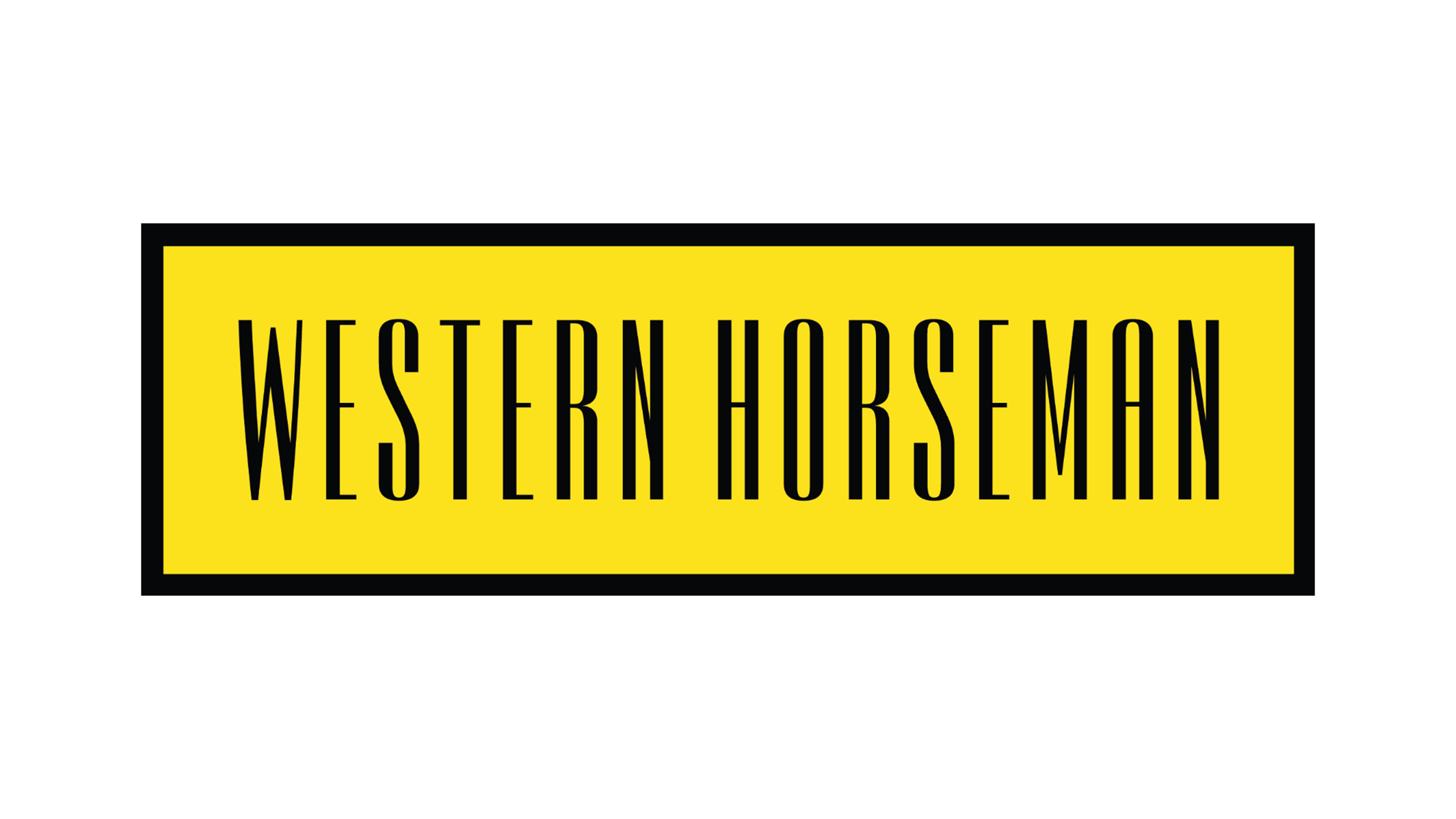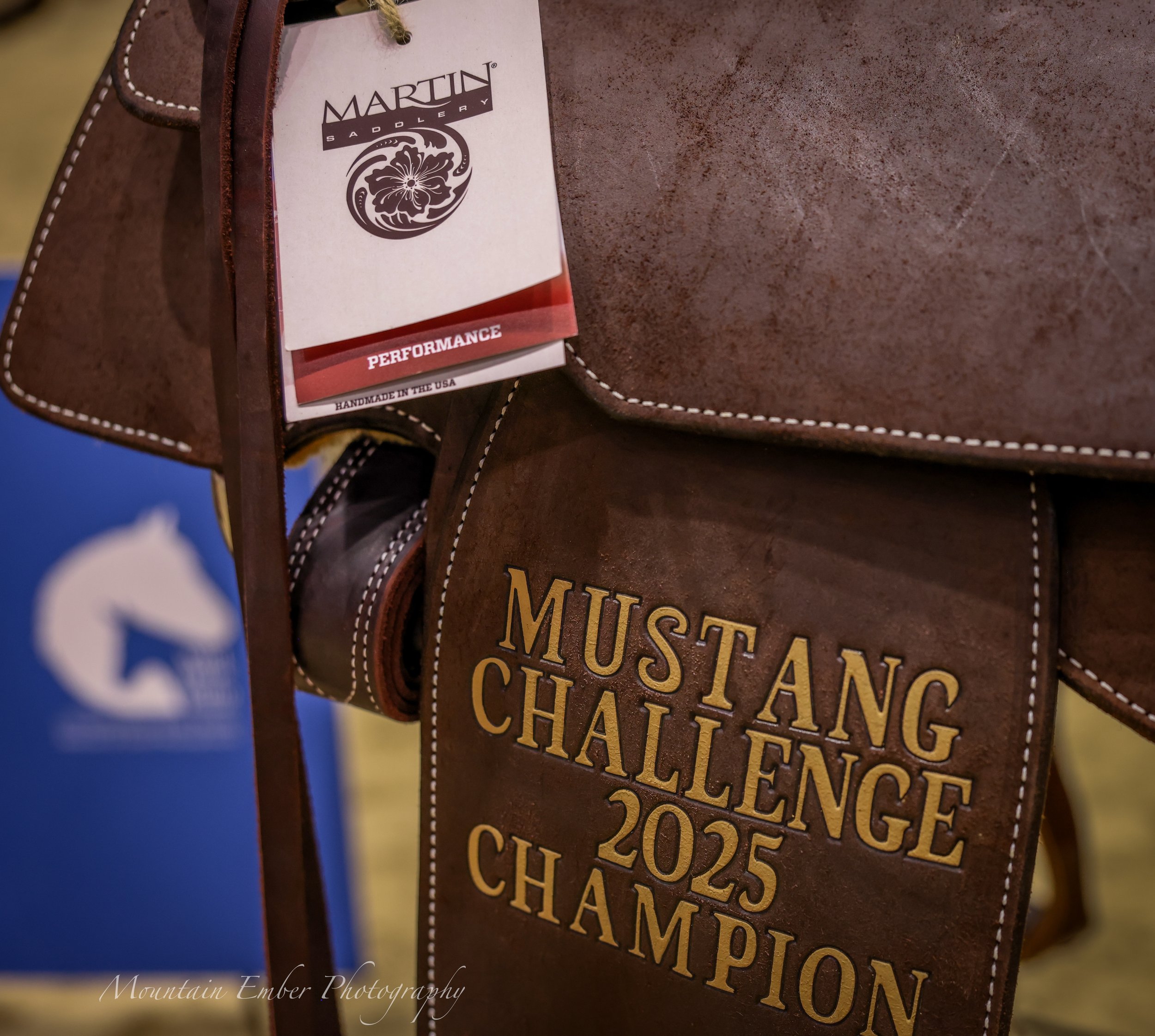
About Mustang Challenge
About the richest western Mustang event
The Mustang Challenge celebrates the incredible partnership between the American mustang and the talented exhibitors who bring out their potential in the Western discipline. This event gives the public a front-row seat to witness a mustang’s transformation—from life in government holding to a horse with a strong foundation for success in private ownership.
Produced by Mustang Champions in partnership with the Bureau of Land Management (BLM) Wild Horse and Burro Program, the Mustang Challenge highlights the skill, patience, and dedication that go into developing these remarkable horses, and a chance to earn $125,000 in cash and prizes.
The competition features mustangs that have been adopted or purchased between October 1, 2025, and May 1, 2026 from approved BLM Wild Horse & Burro facilities, satellite events, or the Wild Horse & Burro Online Corral. Once a mustang is adopted or purchased, it is required that it be registered online with Mustang Champions.
Exhibitors may enter up to two mustangs, whether they are the adopter/owner or showing on behalf of another. Prior to competing, all exhibitors must complete the Mustang Training Readiness Curriculum and enter their mustangs in at least one local or national-level show, submitting the required Proof of Show form.
Throughout the competition, mustang and exhibitor pairs will showcase their partnership and versatility through three preliminary classes: Trail, Reining, and Ranch Riding. These classes are designed to demonstrate the mustang’s willingness, responsiveness, and adaptability under saddle.
The top 10 scoring pairs from the preliminary rounds will advance to the Mustang Challenge Championship Finals, where they will compete for $50,000. Unlike some other events, there is not a reassignment auction at the conclusion of this event.
The Mustang Challenge stands as a powerful example of what’s possible when people believe in the potential of America’s wild horses—turning untamed spirit into willing partnership.
TRAIL
Evaluates a horse’s ability and willingness to handle obstacles and tasks
The Trail class highlights a mustang’s ability and willingness to navigate obstacles and perform maneuvers commonly encountered on a trail ride. Exhibitors guide their horses through a course that may include walking or trotting over poles, crossing bridges, sidepassing, serpentines, and other challenges designed to demonstrate control, confidence, and partnership.
Each maneuver is individually scored to reflect the horse’s willingness, smoothness, and precision. Exhibitors begin with a baseline score of 70, with points added or subtracted based on the quality of each maneuver and any penalties incurred. Judges evaluate each performance against an ideal of responsiveness and ease, rewarding horses that complete the course with balance, accuracy, and grace.
REINING
Designed to show the athletic ability of a ranch type horse
The Reining class tests a horse’s precision, control, and responsiveness through a series of prescribed maneuvers, including circles, spins, stops, and lead changes. Exhibitors guide their horses through the pattern, demonstrating athleticism, smooth transitions, and obedience while maintaining a consistent rhythm.
Scoring begins with a baseline of 70 points, with judges adjusting scores based on the quality of each maneuver and any penalties for errors or disobedience. Each horse is evaluated against an ideal performance standard, rewarding fluidity, accuracy, and composure throughout the pattern.
RANCH RIDING
Tests a horse’s smoothness and responsiveness over ranch-style maneuvers.
The Ranch Riding class evaluates a mustang’s ability to be a smooth, enjoyable ride while transitioning naturally from one ranch task to another. Horses perform a set pattern that may include changes of gait, extensions, lead changes, and walking, jogging, or loping over poles—maneuvers typical of a working ranch horse. The goal is to showcase a high level of training, relaxation, and quality of movement in all gaits.
Exhibitors start with a baseline score of 70 points, with judges adjusting points for each maneuver based on execution quality. Penalties are applied for errors or disobedience. Horses are evaluated against an ideal standard of forward, responsive movement, rewarding those that perform with consistency, smooth transitions, and a calm, willing attitude.
CHAMPIONSHIP FINALS
A $50,000 check for the Champion
The top 10 mustang and exhibitor pairs from the preliminary classes advance to the Mustang Challenge Championship Finals. Final scoring is based on two separate components: a compulsory maneuvers pattern and a freestyle performance.
Compulsory Maneuvers:
Exhibitors perform a series of required maneuvers designed to test skill, precision, and partnership at a higher level of difficulty. Each competitor begins with a baseline score of 70, with points added or subtracted for the execution of each maneuver. Penalties are applied for disobedience, errors, or off-pattern performances. Scores reflect the horse’s responsiveness, accuracy, and smoothness throughout the pattern.
Freestyle Performance:
The freestyle encourages exhibitors to creatively showcase their mustang’s athleticism and horsemanship in a crowd-pleasing way. Competitors have 3.5 minutes to perform a choreographed routine using music, props, and costumes. Judging focuses on maneuver execution, degree of difficulty, overall horsemanship, theme, music, props, costume, and crowd appeal. Scoring again starts at 70 points, with adjustments for performance quality and penalties for disobedience or errors.
THANK YOU TO OUR

